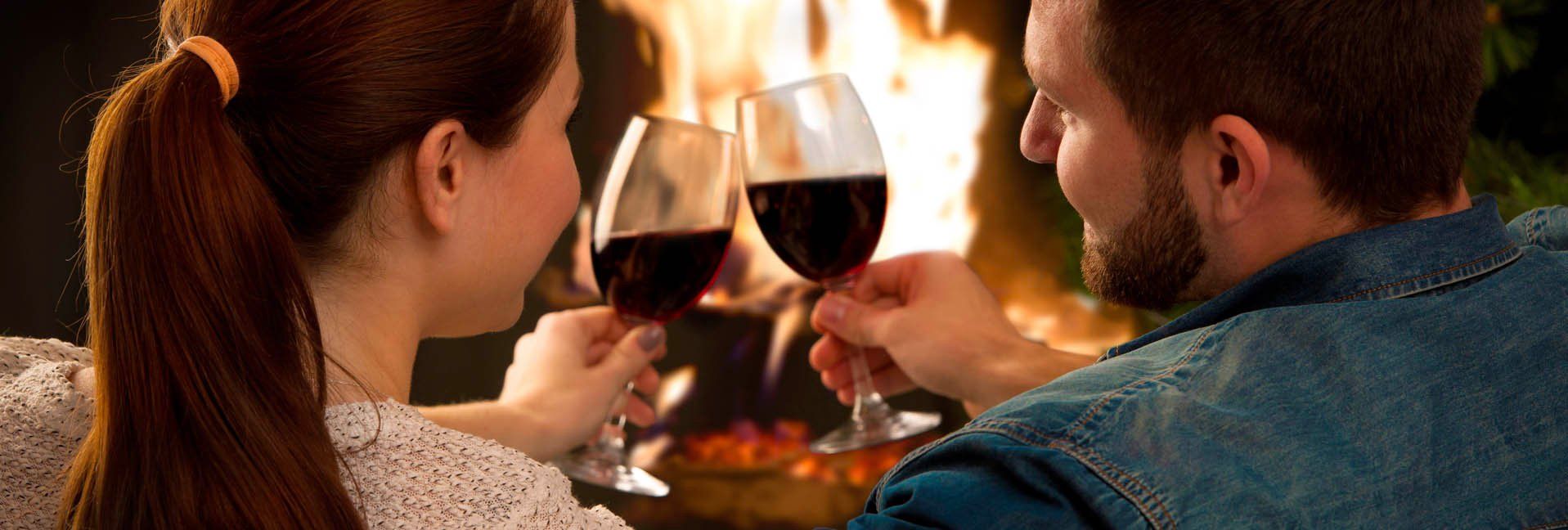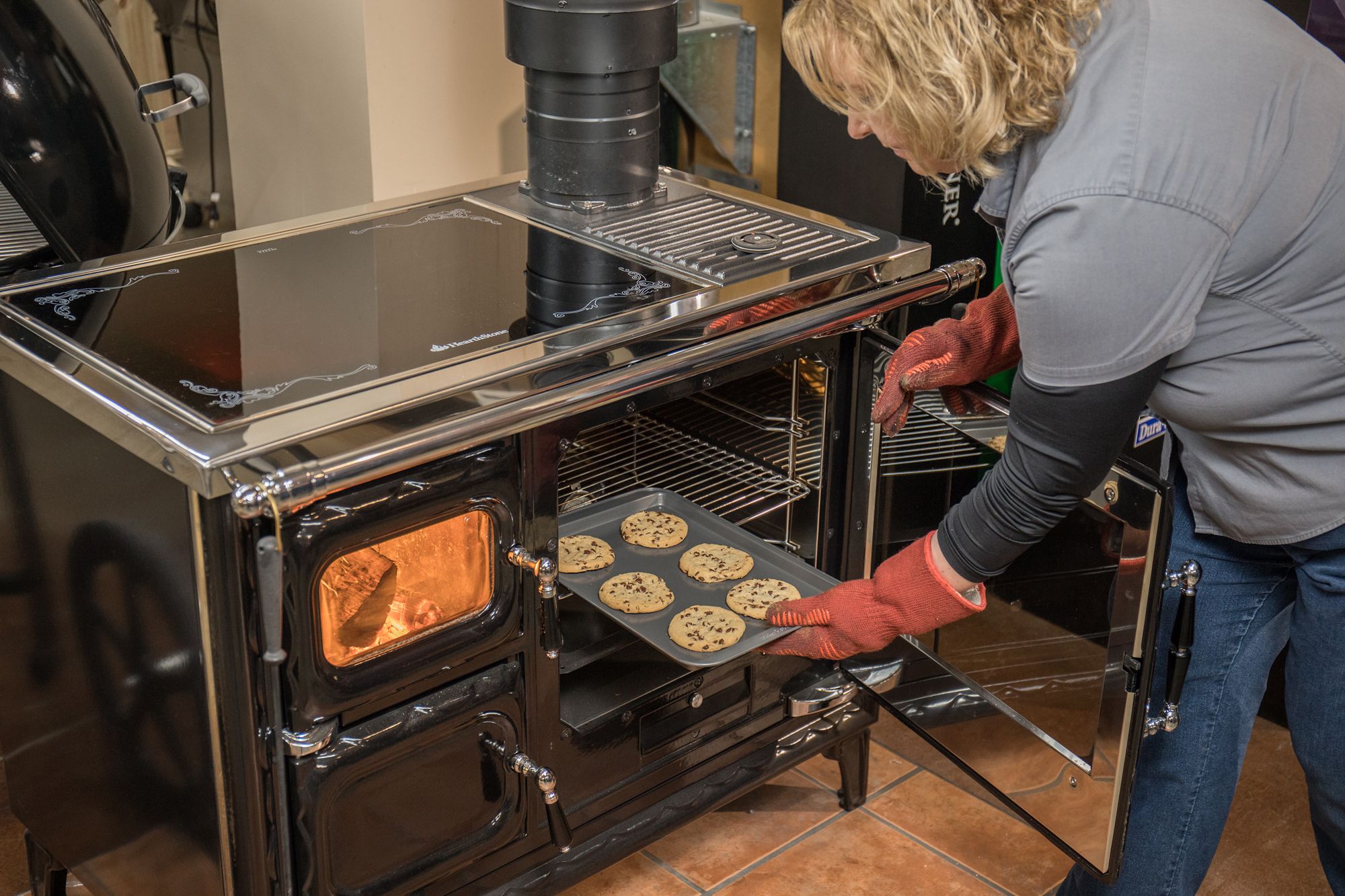Are You Checking In? Starting a bed and breakfast in your home


There’s a growing trend among the traveling public, especially couples, singles, and retired folk. Rather than staying at traditional hotels when visiting a new area, they seek out a Bed-and-Breakfast (B&B).
B&Bs are often found in the country or in small towns, rather than in busy suburbs or city neighborhoods. Think of a B&B, and most people conjure up a gingerbread-laden country home, which wouldn’t be entirely wrong.
“Charming” is the word of the day when it comes to B&Bs.
It turns out that most American homes, especially those with that difficult-to-quantify feature—character—are ideal for most travelers nowadays. Bedrooms are private, often with full-size, queen, or king beds. There is closet space (although you may have to share some hanger space), and bathrooms if not nearby are sometimes en suite.
So, how are B&Bs different for guests?
B&Bs are tailor-made for travelers on the go. Amenities—which some see as distractions—are usually few. You usually get a pleasant host to greet you and show you to your room. Often, there’s a home-like bedroom and nearby or adjacent bathroom for your personal use. Clean sheets on the bed, fresh towels, and maybe a television or radio in your room complete the picture.
Many B&B guests look forward to spending some time in a sitting room or other relaxing space filled with antiques and maybe a crackling fireplace.
Most B&Bs keep breakfast simple: The usual fare is fresh fruit if in season, oatmeal or cereal, toast, and coffee or tea. However, some B&Bs have distinguished themselves by going all out so the hosts can show off their culinary accomplishments. Sometimes, B&Bs are part of a brewery, winery, or high-end restaurant.
So, you get to spend the night, get a breakfast, and be on your way after paying for your stay. Dirty dishes and laundry? That’s the host’s problem.
What do you need to start?
The attraction of earning a significant dollars from having houseguests is appealing, but you have to be critical with your situation. You may live in a spectacular, historic house, but that’s just icing on the cake. Some important questions to ask include:
What local attractions will draw guests? This could include a college, shopping area, lake, state or local park, or even historic region. Without a reason to travel to your region, they just won’t. It’s the first three most-important factors in real estate: Location, location, and location.
Agritourism opportunities can’t be overlooked. Maybe your B&B will be the area’s attraction—surprisingly, many farms find that guests will be willing to pay extra to feed your horses, cattle, or goats, or collect eggs for their own breakfast.
Is it easy to get to? And by “easy” we mean “can GPS find your place?” As a rule, people driving to unfamiliar areas like to stick with major roads, not gravel with “turn right at the gnarled tree” instructions. That said, a rural location isn’t game-over, as they have much appeal.
Is your home usually neat and tidy? Remember that you’re providing an alternative to a hotel, but the same guest expectations for cleanliness will be in place. You may be used to stepping over kid toys and Legos at midnight, but guests won’t be.
Can your home be ready for guests? Will it handle the hot water needs of multiple showers at once? Will hair dryers trip the circuit breaker? How about tables for breakfast—will everyone be forced to dine together?
How will you market your business? In addition to easy-to-spot signage at your B&B, will you be prepared to sign up with a website like bedandbreakfast.com? Otherwise, marketing is all on you, with social media like Facebook usually leading the pack.
Don’t forget to market locally, as there are always couples looking for a pleasant weekend getaway. Tip: If you prepare brochures, be certain to drop them off at local hotels—you could become a viable alternative when they overbook.
Check with local zoning and others. There may be local regulations that govern operation of a B&B, so it is best to check to see if there are any restrictions. While you’re at it, visit with your insurance agent and tax preparer, who may have some important advice for the operation of this business.
Do you have what it takes?
Are you fun and social? Is having a pleasant home environment important to you? Do you enjoy making beds? We reached out to one B&B operator to get their take on the experience.
Jackie Engelbrecht and her husband Jim operate the Engelbrecht Inn B&B in Mount Vernon, Iowa. Located in a small college town, Jim and Jackie recognized the opportunity college visitors presented—alumni, visiting speakers, and prospective students and their parents could all be regular customers.
How did they get started? It was purely financial. “When Jim and I got married and wanted to buy a house, we realized that having a little more cash flow could put us in a little bigger or better place,” says Jackie. So they sat down and drew up a realistic business plan and soon identified the type of house they wanted.
As luck would have it, they found one immediately adjacent to the college.
Through the years, a division of labor has kept their B&B thriving. While they both take reservations, Jackie has handled decor, cleaning, and baking breakfast breads. Jim, a construction contractor and small business owner, says he can now segment a grapefruit with the best of them. A natural early-riser, heading out in the morning to get fresh donuts or pastries for guests has been part of his routine for years.
The best part, though, has been the friends they have made through the years. Guests may arrive as strangers, but by sharing breakfasts and fellowship they leave as friends.
Tags:Hearth & Home

Acreage Life is part of the Catalyst Communications Network publication family.
















